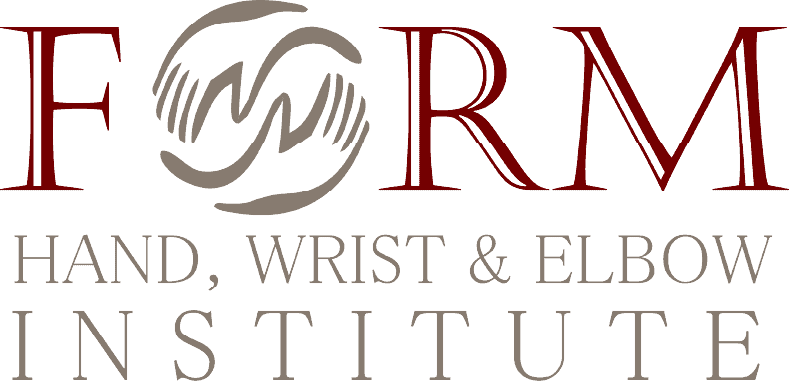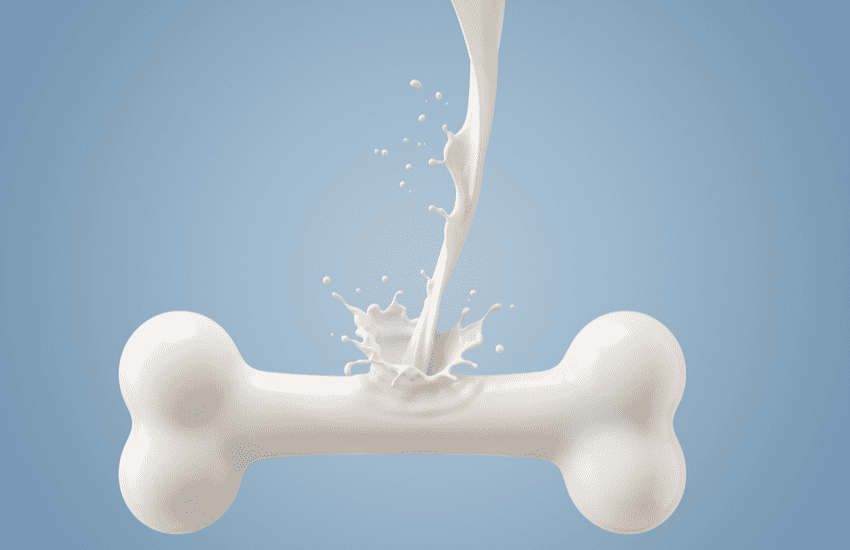It’s never too late to take care of your health. It is your responsibility to look after your diet and exercise routine for a healthy lifestyle. Everything has changed due to the pandemic; relationships and other simple joys of life that we took for granted have given us new meaning. It made everyone realize it is essential to take care of yourself. It is necessary to have a balanced diet with complete nutrients and an exercise routine to lead an active and healthy lifestyle. As we age, our body becomes deprived of several vital nutrients. Bone growth occurs during childhood and adolescent years. Girls reach maximum bone density at 18 years while boys at 20 years. Remember, women are at high risk after menopause.
Eat Calcium-Rich Foods
It is essential to keep your bones strong by having calcium-rich foods to keep your bones strong. Some of the foods are:
- Milk
- Yogurt
- Cheese
- Beans, tofu, nuts, fish, and leafy green vegetables like collards and spinach
- Soy
Get Vitamin D
Vitamin D can help keep your bones healthy and strong. You can find vitamin D in:
- Milk
- Soy and other plant-based beverages
- Fish like salmon and sardines
- Margarine
- Egg yolks
- Fortified yogurts (check the label before buying)
Remember, if you do not drink milk or plant-based beverages, there are substitutes or alternatives for vitamin D. It is good to reach out to a dietician for an overall perspective. Apart from vitamin D, it is vital to intake all the nutrients for a balanced diet. Potassium, magnesium, and vitamin K help your body absorb and use calcium. It would help if you had these nutrients by eating fresh, healthy foods like vegetables, fruits, legumes (lentils, beans, peas), nuts, seeds, whole grains, and fish. Protein helps to build muscle which helps keep bones strong. Protein-rich foods such as meat, poultry, fish, shellfish, legumes (lentils, beans, peas), nuts, seeds, eggs, and tofu can help. If you are allergic or do not consume any foods, consult a dietician for substitutes.
Reduce Salt Consumption
Too much sodium can affect bone density. It is advised not to overeat salt.
Do Not Drink Too Much Alcohol
Drinking too much alcohol can compromise bone health and increase the risk of ailments.
Too Much Caffeine
Did you know drinking too much caffeine can decrease the amount of calcium you absorb? Your consumption of caffeine should not exceed 400 mg per day.
Staying Active Helps
Being active for 150 minutes a week can help. Indulging in activities like running, walking, hiking, low-impact aerobics, tennis, golf, and dancing are great to keep yourself active. Also, weight-lifting exercises like push-ups help build muscle. With yoga and other activities for balancing and coordination, you are less likely to fall or break your bones. It is vital to have a balanced diet, calcium-rich foods, and an active lifestyle for stronger bones.


